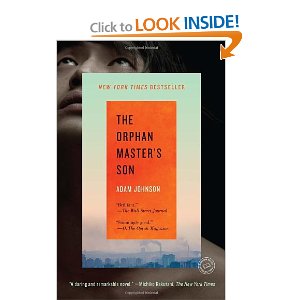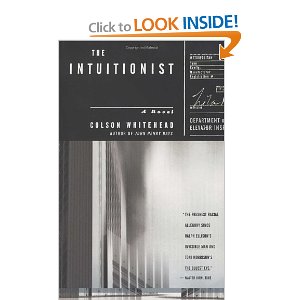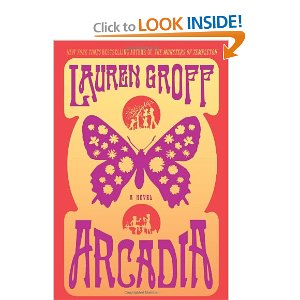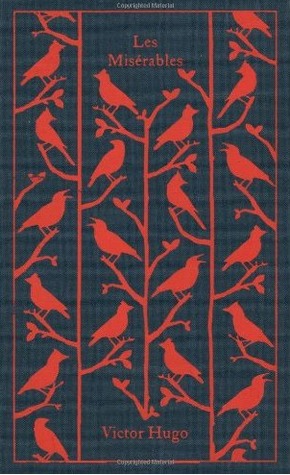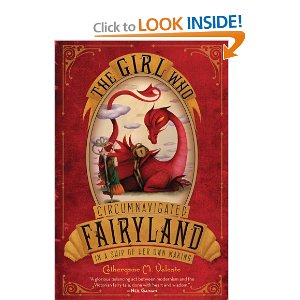An Open Letter to Kitchenaid Customer Service:
Interestingly and frustratingly, but sadly not surprisingly, I have visited your website and am unable to complete the customer feedback because I cannot access the columns–you have a faulty website with a limited Flash program that doesn’t accept input from our browser.
Also, you don’t list an address so I can send a physical letter.
And when I called to get an address, I was told by the electronic voice that I’d have to wait over ten minutes to talk to a real person. Also, I wasn’t given an option of customer feedback, just service or parts.
APPARENTLY, YOU DON’T WANT TO RECEIVE CUSTOMER FEEDBACK. I HAVE NO DOUBT WHY. KITCHENAID, YOUR CUSTOMER SERVICE, LIKE YOUR PRODUCTS, STINKS.
I have recently received two solicitations for an extended service plan for our Kitchenaid dishwasher, purchased at Warner Stellian in February 2006. The dishwasher is the worst appliance we have ever had the misfortune to own, and your brazen solicitations for us to pour good money after bad on the dishwasher in general, and Kitchenaid in particular, only add insult to the considerable injury we have endured over the years as we’ve muddled through with this substandard, poorly made machine waiting for it to die.
The machine broke down for the first time in February 2007. We thought we’d be covered by the warranty and were surprised and upset to find the warranty had been for a mere six months, which hardly shows company confidence in your products. The door mechanism had failed, and the chopper was clogged. The technician fixed both problems, and told me the door was an ongoing issue. I did my own research and found significant online evidence (just 2 examples: here and here) that the door attachment was weak and faulty. A more conscientious company would have notified all customers and replaced its shoddy work for free. Instead, we like many others, had to pay about $300 soon after we bought the machine to fix something that wasn’t made right in the first place.
A few months later, our control panel froze again. We called a technician, who came, told us the clogged chopper was an ongoing problem with the Kitchenaids, and showed me how to reset the panel and take the machine apart so I wouldn’t have to call for service everytime. He did not have to do this, and I am still grateful that he had the decency and good customer sense to do this. It is only this that has allowed us to trudge on over the years with the dishwasher, as the machine clogs at least once a month and I have to take it entirely apart to clear it out. This is yet another ongoing problem with the machine that could have been avoided by better engineering early on, but then at least mitigated later on by including how to reset the panel and take apart the machine in the user manual, rather than trying to hide that information with technicians who charge about $200 a visit.
This second visit meant we’d paid over $500 on top of the original price, all within 18 months of purchase. I determined that if another service call was ever warranted, that we’d buy a new, non-Kitchenaid dishwasher, one from a company with a good performance and excellent customer service record.
And while the door has not detached from the machine again, it has not performed well, either. It frequently pops open during a cycle, an unpleasant surprise to discover in the morning, and a waste of water as the cycle runs again. We’ve learned to hack this by wedging it shut with a chair and our cast-iron pan to weight it down. It seems to me this is an extreme solution to something so basic as KEEPING THE DOOR CLOSED.
The front basket accessory unravelled at the bottom, but we chose not to spend more money on the dishwasher. Ditto one of the brackets on the top shelf.
In order to keep the chopper clear, we had to scrupulously rinse dishes of food particles, plus carefully arrange dishes in the machine. This machine was extremely fussy and require a great deal of practice and attention in order to function. Even so, it often didn’t clean dishes thoroughly.
I contacted Kitchenaid customer service to detail the bad experiences we’d had with our machine. I was told it was out of warranty, and that they’d be happy to arrange another service call for me that I could pay for.
There is plentiful documentation online that many others had similar troubles. For me and for others, your company had NOT responded to repeated requests to stand by their malfunctioning product by fixing or replacing shoddy items.

The guts of the Kitchenaid DW. You need to remove them ALL to get to the clog.
For better or worse, I’ve been able to keep the machine going for almost 7 years since I learned to reset and clean it out myself. But the clogs have been getting more and more frequent, so I think the machine is near the time when I’ll kick it to the curb and tell it not to let the door hit it in the rear on its way out. I don’t appreciate spending hundreds more dollars on replacing an appliance I’d hoped would last for many years, not limping through seven. But I very much look forward to a non-Kitchenaid dishwasher.
Interestingly, and not coincidentally, over these years I’ve accumulated what I call the Kitchenaid Graveyard of other Kitchenaid kitchen implements that have failed. I will attach a photo, and will attach the photo to this letter that I’ll post online to my website, to Facebook. I will additionally follow up to review these items accordingly on major retailing sites so that other consumers might avoid the expense of these readily breaking down items:

The Kitchenaid graveyard of broken items. Cheese slicer and grater not shown.
Blender 1: glass container cracked, lid had faulty liner
Blender 2: plastic container cracked
ice cream scoop: squeeze mechanism broke, and scoop wouldn’t release without it
basting brush: filaments bent and would no longer evenly distribute sauce
cheese slicer (not pictured): wire broke immediately
Cheese grater: rubber ring base ripped; plastic casing and base both cracked
It took some years, but I finally learned my lesson and stopped buying Kitchenaid. I had a false sense of a reliable brand given my ONE good experience, which was with the mixer I bought at Bloomingdale’s at King of Prussia mall in the early 90’s. It still works well over twenty years later, even though it’s the lower end 4.5 quart size. But if it ever does break, I doubt I’d replace it with a modern Kitchenaid, given the subsequent product debacles I’ve endured over the years.
My advice to you:
Reduce advertising and spend that money and attention on engineering and customer service, which are severely lacking in products both large and small.
Extend your warranty yourself–make it two years, and when an issue like the dishwasher door becomes evident, replace the items at no cost to the consumer. Stand by your products, and not by sending out extended warranty solicitations way after the fact like you’re doing us some favor.
And, if you’d really like to stand up for your products, replace our Kitchenaid Dishwasher model KUDS01FLWH7 which has been a constant disappointment with a new one, and if it holds up, I’ll write positive reviews.
But until and unless you make a definitive statement like replacing our limping dishwasher, I will keep this letter posted on the web, and post detailed, negative reviews of your faulty products based on my experiences.
I am your sincerely disappointed, irritated and now aggravated by your recent solicitations,
Unhappy Kitchenaid Dupe
 Revival, Vol. 1: You’re Among Friends by Tim Seeley
Revival, Vol. 1: You’re Among Friends by Tim Seeley


